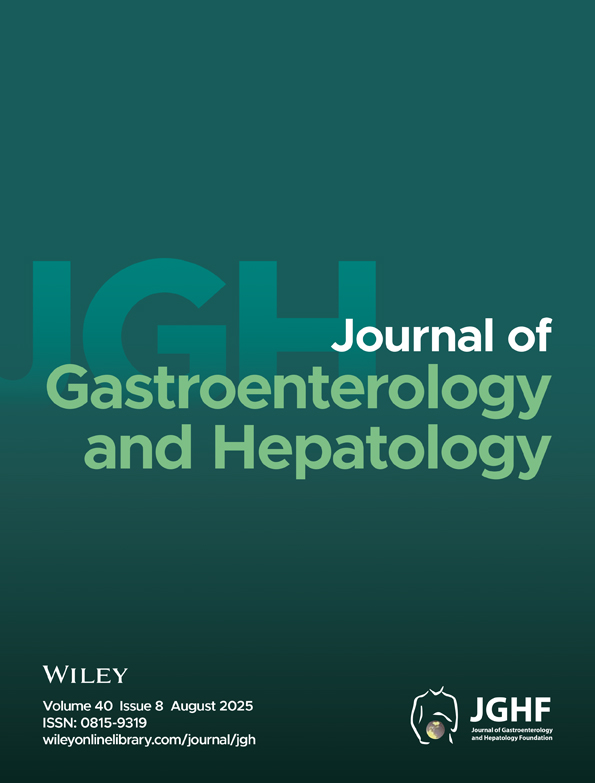Factors affecting complete resection of gastric tumors by the endoscopic mucosal resection procedure
Abstract
Abstract Background: In Japan, endoscopic mucosal resection (EMR) has been widely used as a treatment option for small early gastric cancer (EGC). The present study reviewed 178 cases for the 10-year period 1987–1997 in order to clarify the factors affecting the successful outcome of EMR.
Methods: Logistic regression analysis was used to examine whether complete resection of EGC correlated with the patient's age, gender, the characteristics of the tumor (location, macroscopic form, and size), the duration of the procedure and the experience of the doctor.
Results: The location of the tumor and the duration of the procedure correlated with the completeness of the resection (P < 0.01 and P < 0.05, respectively). Endoscopic mucosal resection was more difficult to perform for tumors in the gastric body than in the antrum or incisura region, and the longer the procedure the less complete the resection.
Conclusion: The outcome of EMR is affected significantly by the location of the EGC.




